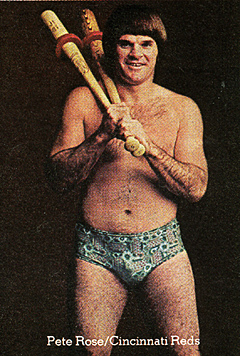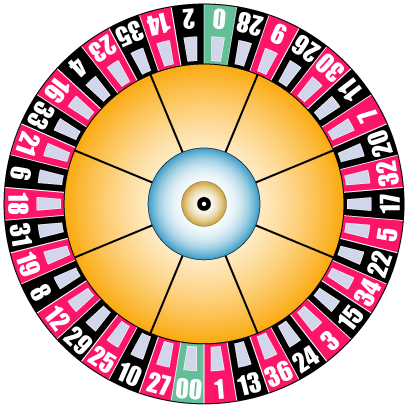This past weekend, a college friend made the inevitable trek to the home of CYC World Headquarters: Las Vegas, Nevada, The Happiest Place on Earth. Let’s regale you with a little background on both parties, visitor and destination respectively.
Our college friend (whom we’ll call Alan, because that’s his name) got a full-ride scholarship to a prestigious school. Not because he was deformed or Togolese or anything, he was just that smart and accomplished. Today the honorific “Dr.” is part of his occupational name, although he’s not a real doctor, just a clinical psychologist. He has several impressive designations and professional affiliations, and what appears to be a very comfortable couch.
Our world headquarters is located in the 2nd-most-visited city on the planet, and no one has ever gone to Mecca to have a good time. 40 million people fly, drive, or crawl through the desert to Las Vegas every year, most of them with the motivation to live up to the stereotype. Don’t just drink, guzzle. Don’t just spend money questionably, spend it stupidly. Don’t just stay up late, stay up all night and into the morning. Don’t just eat, eat as much as you can for a flat rate.
So what happens when an extroverted Ph.D. with time on his hands meets a city with an endless capacity for separating people from their wealth? We got together shortly before his flight left and got the answer. (Which should give you a hint right there. Alan was “unavailable” for all but the very end of his visit.)
Alan spent $176 on taxis in 3 days, which is more than any rental car would have cost. If you’re saying, “Yes, but you’re not factoring in parking,” get out of your provincial East Coast metropolitan mindset and hear us out. Parking in Las Vegas is almost all free, it being the one city that’s figured out that drivers will be more inclined to stay in the neighborhood and patronize a merchant or two when said drivers aren’t constantly racing back to the meter to avoid getting cited.
Of course, the upside to taking a taxi is that you can have a blood alcohol level of .99% and no cop is going to care. Keep that in mind, it’s what the fiction authors like to call foreshadowing.
Alan and his traveling companion* “Mark” played blackjack and slot machines. Blackjack, as you may know, exists. That means the casinos that offer it must do so so they can…well, let’s phrase it as a multiple-choice question.
- lose money
- make money.
If you answered b), Congratulations! You understand how gambling works, at least in theory. Now come to Las Vegas so you can effectively answer a) in practice.
Alan lost at the tables and on the machines, as you do. $450, if his rough estimate is to be believed. (Alan admitted to being hung over during our conversation, as if his sweater-and-thick-jeans-in-90º-heat ensemble wasn’t a subtle clue.)
He also lamented that he couldn’t find a cocktail for less than $15, which made us shake our heads and, moments later, smile uncontrollably.
Alan is not what we’d think of as a lush. There were plenty of those in college, easy to identify and smell, and he was not among them. And of course, there’s his profession, which presumes that Alan can function highly. We didn’t delve into it during our short conversation – it’s impossible to without sounding like a psychologist – but we’re guessing he’s a “Vegas drinker”. What happens in, etc. The adult equivalent of the girl who’s not a smoker, but “only smoke(s) when (she) drink(s),” making her a de facto smoker if not a self-identifying one.
We’re not sure what Alan and his companion spent on food, or even if he/they ate, but Alan did choose Powerade over water and coffee at the donut shop where we said our helloes and goodbyes. The money quote was, “Going to need those electrolytes for the plane,” and who but a winded marathoner would talk like that? A man who got too many dealer 19s, too many gins & tonics, too many ultraviolet rays and not enough sleep.
Not counting airfare and the hotel, Alan spent hundreds if not thousands of dollars in less than 72 hours. He took only photographs and left only footprints, if by footprints you mean fat wads of cash. He returned home without incident, and sent an email of thanks for our modest display of hospitality. (A lift from his hotel to the airport, and on this topic Las Vegas is again a city of forward thinkers. The airport is half a mile from the Strip.)
Nevada is one of 6 states that levy no income tax. Alan, God bless you and every one of your 39,999,999 profligate fellow travelers. Come back sometime. Anytime.
*A heterosexual friend. You thought otherwise, but why?







